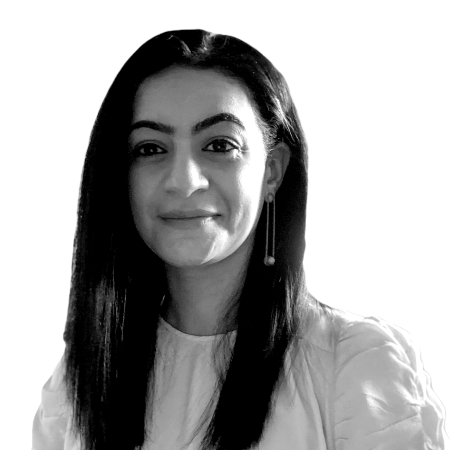I didn’t set out to study Psychology – I originally wanted to do Economics (and both really were my back-up plan whilst pursuing acting!). However, I was actually quite good at statistics and happily that was a big part of my Psychology undergraduate degree at Delhi University in India. My statistics professor there had trained with Jean Piaget in America, and spoke passionately about her experiences – so that’s what got me interested in developmental psychology. Even then though, I am embarrassed to say that I was missing lectures for theatre auditions.
However, things changed after a couple of years. It was in my final year of Psychology undergrad that I was encouraged to pursue research, undertaking my first qualitative study about the ‘Existential Understanding of Death and Dying’. This experience – browsing the archives, resourcing abstracts manually and requesting articles that we didn’t have access to in India from friends in America – initiated my love for research.
Growing up in India, I saw poverty and the impact of it all the time – its ubiquitous to the context. And so is privilege. Perhaps not very different to the rest of the world, but the scale of poverty and the implications of the inequitable society are stark, especially on health. Like many Indians, my dream was to study in some of the most inspiring academic institutions in the world. In the early noughties, when I left India to pursue my Masters in the UK, I hadn’t quite anticipated the journey I was going to undertake and the experiences that would unfold.
“As a woman of colour, a career path of a clinical academic has had its highs and lows. I have worked very hard to be visible, and then equally hard to make my visibility agreeable.”
If it wasn’t for my mentorship in my current position with the only Black Professor of Child and Adolescent Psychiatry in Scotland (and perhaps in the UK), I think I would have struggled. Compared to practising psychologists, there aren’t as many women clinical academics in Psychology – there are even fewer who look like me.
I am passionate about research and I feel very privileged to have the mentorship to remain curious about working with some of the most vulnerable and underserved in our society. Children and young people have complex needs because, systemically, we are still learning how to best support vulnerable families, infants, and the elderly. ‘It takes a village to raise a child’, and yet we see several missed opportunities to support some of the most vulnerable. At the same time, I realise that research can be disenchanting for some, who are working so hard to make individual lives better. It’s through collaboration and building relationships in Glasgow with the multiagency partners, teachers, social workers, counsellors, young people and families that I feel connected and inspired. I’m inspired to pursue clinical research along with others who aspire for a more equitable society.

